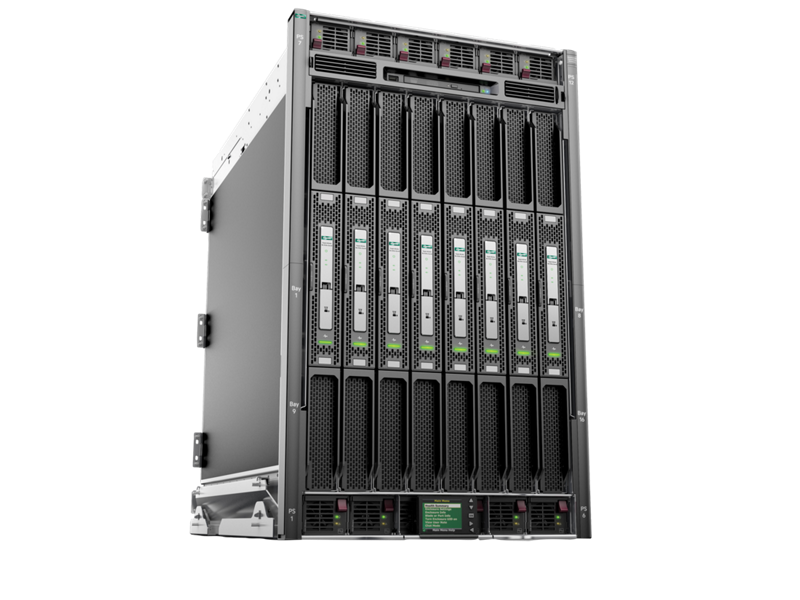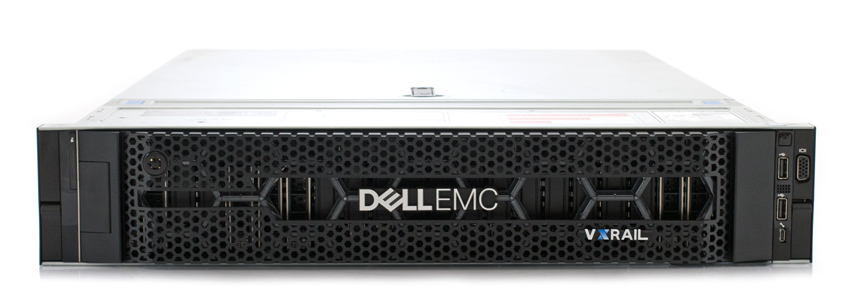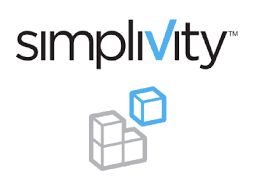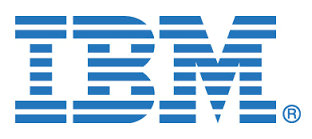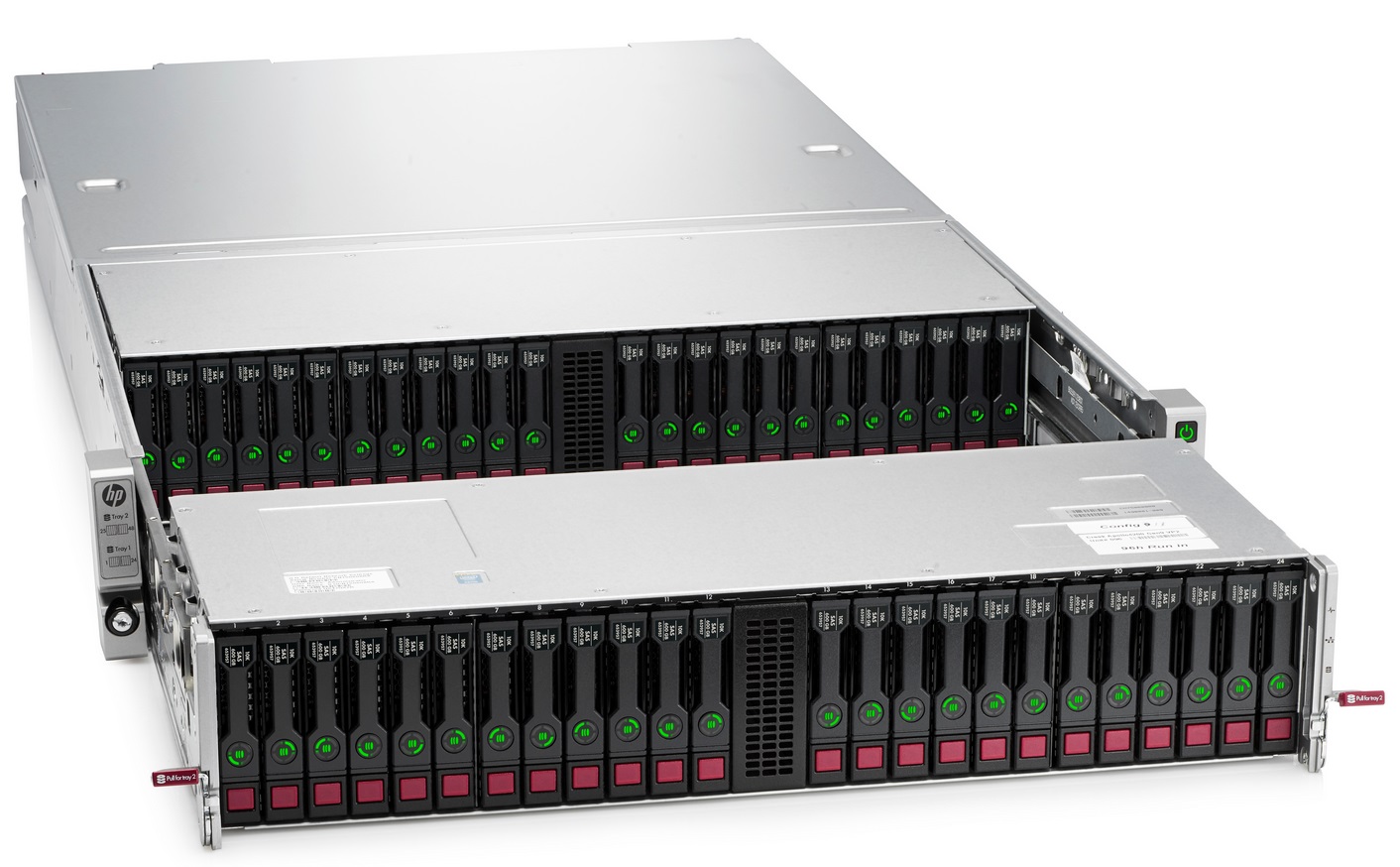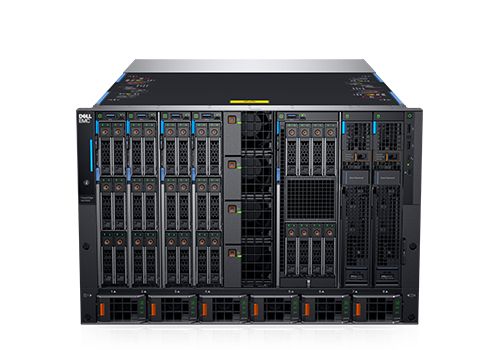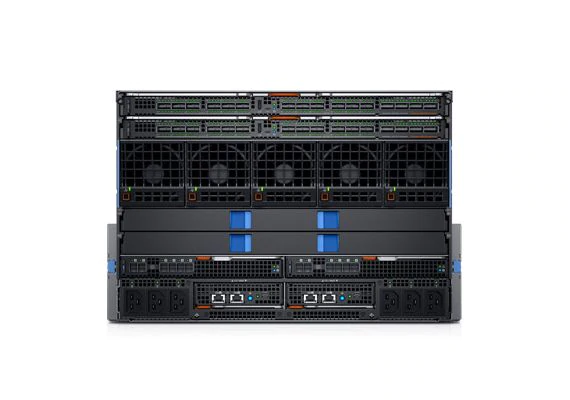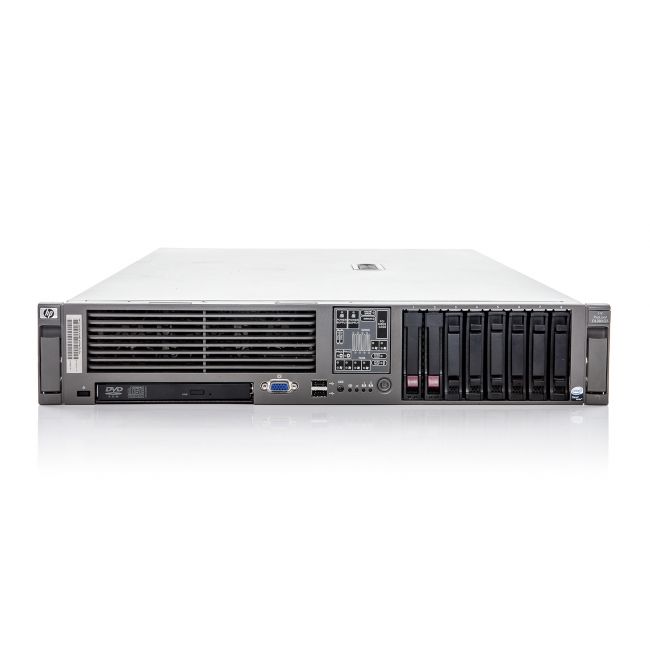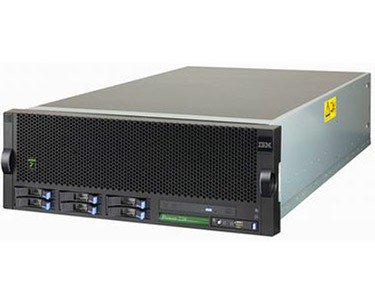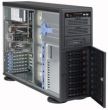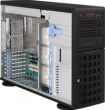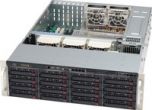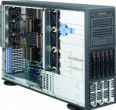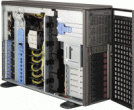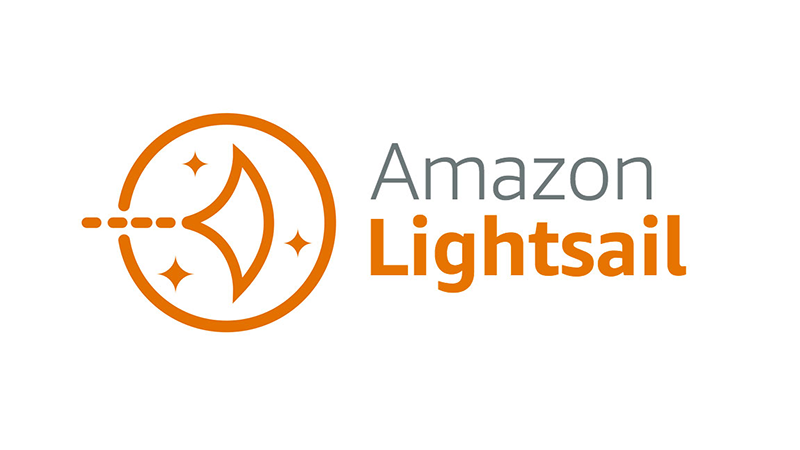
Categories
Problems that solves
Total high cost of ownership of IT infrastructure (TCO)
IT infrastructure consumes a lot of power
Risk of data loss or damage
High costs
Values
Reduce Costs
Ensure Security and Business Continuity
Amazon Lightsail
Amazon Lightsail is a simple cloud website hosting framework based on the Amazon Web Services (AWS) platform.
About Product
Description
Amazon Lightsail is an Amazon cloud service that offers bundles of cloud computing power and memory for new or less experienced cloud users.
Amazon Lightsail is the easiest way to get started with AWS for developers who just need virtual private servers. Lightsail includes everything you need to launch your project quickly - a virtual machine, a managed database, SSD-based storage, data transfer, DNS management, and a static IP - for a low, predictable price. You manage those Lightsail servers through the Lightsail console or by using the API or command-line interface (CLI).
The Lightsail API Reference describes the API actions, data types, and exceptions for working with Lightsail programmatically. We also provide the Lightsail SDK for download for Java, Python, Ruby, PHP, .NET (C#), Go, JavaScript (Node.js and browser), and C++. You can use the See Also links to navigate directly to a reference topic in one of those languages.
Lightsail features:
Everything you need, right at your fingertips
Lightsail Virtual Private Server (VPS)
Experience the power and reliability of AWS. Deploy in seconds and manage from the intuitive Lightsail management console or API.
Your Lightsail instance is a virtual private server (also called a virtual machine). When you create your instance, you choose an image that has an operating system (OS) on it. You can also choose an instance image that has an application or development stack on it, including the base OS.
Powerful API
Use the simple and flexible Lightsail API to extend your application or integrate it with external applications.
High availability storage
Every Lightsail server comes with high-performing, persistent SSD-based block storage.
Benefits of Lightsail block storage are highly availability, easy management, low-latency performance, scalable, secure.
Speedy & secure networking
Lightsail servers run at warp speed on the AWS network. Configure your network simply and securely, including your IP addresses, DNS, firewall, and more.
Snapshots
Protect your data, clone your server, and more with Lightsail snapshots. Take and manage snapshots for $0.05 USD/GB per month.
A snapshot is a way to create a backup image of your Lightsail instance (a virtual private server) for reference, if you might need it later. For example, before you delete an instance, you create a snapshot of it so that if you change your mind, you have a backup to help you redo that instance as it was.
The snapshot we create is a copy of the system disk and also stores the original machine configuration (memory, CPU, disk size, and data transfer rate). If you choose to create a new instance from this snapshot, you can create the same size or larger instance. You cannot create a smaller instance.
Important! When you create a new instance from a snapshot, Lightsail lets you create an instance bundle that is either the same size or larger size. We do not currently support creating a smaller instance size from a snapshot. The smaller options will be grayed out when you create a new instance from a snapshot.
To create a larger instance size from a snapshot, you can use the Lightsail console, the create-instances-from-snapshot CLI command. or the CreateInstancesFromSnapshot API operation.
Access to AWS Services
Extend the capabilities of your Lightsail server by connecting it to popular AWS services, including managed databases, CDN, and many others.
Amazon Lightsail uses a focused set of AWS services like Amazon EC2 and AWS Identity and Access Management to make it easier to get started. But that doesn't mean you're limited to those services! You can integrate Lightsail resources with other AWS services through Amazon VPC peering.
Simplified load balancing
Add load balancing to your application to distribute traffic across multiple instances and keep your app up and running.
Benefits of Lightsail load balancer are scalable, highly availability, automated health checks, simple interface, secure.
Managed databases
Launch a fully configured MySQL database in minutes and leave the maintenance to AWS. Use managed databases to scale your application or to run standalone databases.
Upgrade to EC2
As your cloud ideas expand, you can easily move to EC2. With a simple, guided experience, Lightsail can move your instance to EC2.
How do I know if I should move to EC2?
Chances are, you got started on Lightsail because it was easy to get your web app, website, or software into the cloud. While you might continue to find this a natural fit for your growth, you also might find that you need a different set of resources or features.
For example, you might want to consider exporting if you need:
- an instance type that is optimized for specific workloads, including machine learning, high-performance computing, and graphic-intensive applications.
- complete control over your networking settings like VPC, security groups and internet gateways.
- dynamic scaling for your resources, like auto scaling for your instances behind a load balancer, or elastic file storage.
- a specialized instance type, operating system, software package or a consumption option that Lightsail doesn’t offer.
- Managed databases (RDS, DynamoDB)
- Content delivery network (CloudFront)
- Object storage (S3)
- Dozens of other services
- Amazon Linux
- Ubuntu
- Debian
- FreeBSD
- OpenSUSE
- Windows Server
- WordPress
- Magento
- Drupal
- Joomla!
- Redmine
- Plesk
- Node.js
- GitLab
- LAMP
- MEAN
- Nginx
Competitive products
User features
Roles of Interested Employees
Chief Executive Officer
Chief Information Officer
Organizational Features
Web-based customer portal

